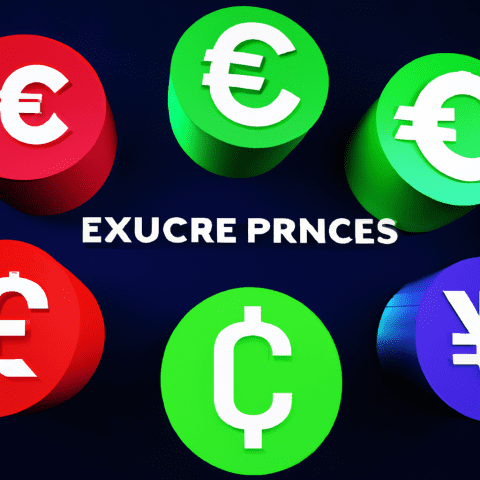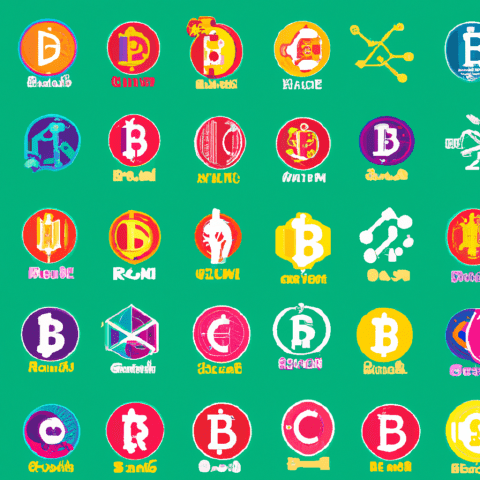In the ever-evolving world of cryptocurrency trading, understanding the differences between centralized and decentralized exchanges has become crucial for investors looking to navigate the market effectively. With the rise of decentralized platforms like DEXs, crypto swaps have become easier and more accessible than ever before. In this article, we will explore the world of crypto exchanges, compare centralized and decentralized platforms, highlight the top DEXs for trading Ethereum, Solana, and Bitcoin, and discuss how decentralized exchanges are changing the game when it comes to crypto liquidity. Whether you're looking to buy or sell cryptocurrency, understanding the ins and outs of crypto exchanges is essential for success in the digital asset space.
1. "Exploring the World of Crypto Exchanges: Understanding the Differences Between Centralized and Decentralized Platforms"
When it comes to trading cryptocurrencies, one of the key decisions to make is choosing the right exchange platform. There are two main types of crypto exchanges: centralized exchanges (CEX) and decentralized exchanges (DEX). Each type has its own set of advantages and disadvantages, so it's important to understand the differences between them before deciding which one to use.
Centralized exchanges are operated by a central authority and act as intermediaries between buyers and sellers. They are popular among traders due to their user-friendly interfaces, high liquidity, and fast transaction speeds. Some of the top centralized exchanges include Binance, Coinbase, and Kraken. These platforms are often the go-to choice for beginners who are just getting started in the world of crypto trading.
On the other hand, decentralized exchanges operate without a central authority and allow users to trade directly with one another. DEXs are known for their focus on privacy, security, and censorship resistance. They also offer users more control over their funds since they don't require users to deposit their assets into a central wallet. Some popular decentralized exchanges include Uniswap, SushiSwap, and PancakeSwap.
One of the main differences between centralized and decentralized exchanges is the level of control users have over their funds. While centralized exchanges require users to trust the platform with their assets, DEXs allow users to retain ownership of their funds throughout the trading process. This increased level of control comes with its own set of challenges, such as lower liquidity and slower transaction speeds compared to centralized exchanges.
In recent years, decentralized exchanges have gained popularity among crypto enthusiasts who value privacy and security. With the rise of platforms like Uniswap and PancakeSwap, DEXs have become a viable alternative to centralized exchanges for those looking to trade cryptocurrencies in a decentralized manner. As the crypto market continues to evolve, it's important for traders to explore the world of crypto exchanges and understand the differences between centralized and decentralized platforms to make informed decisions when buying, selling, or swapping cryptocurrencies













